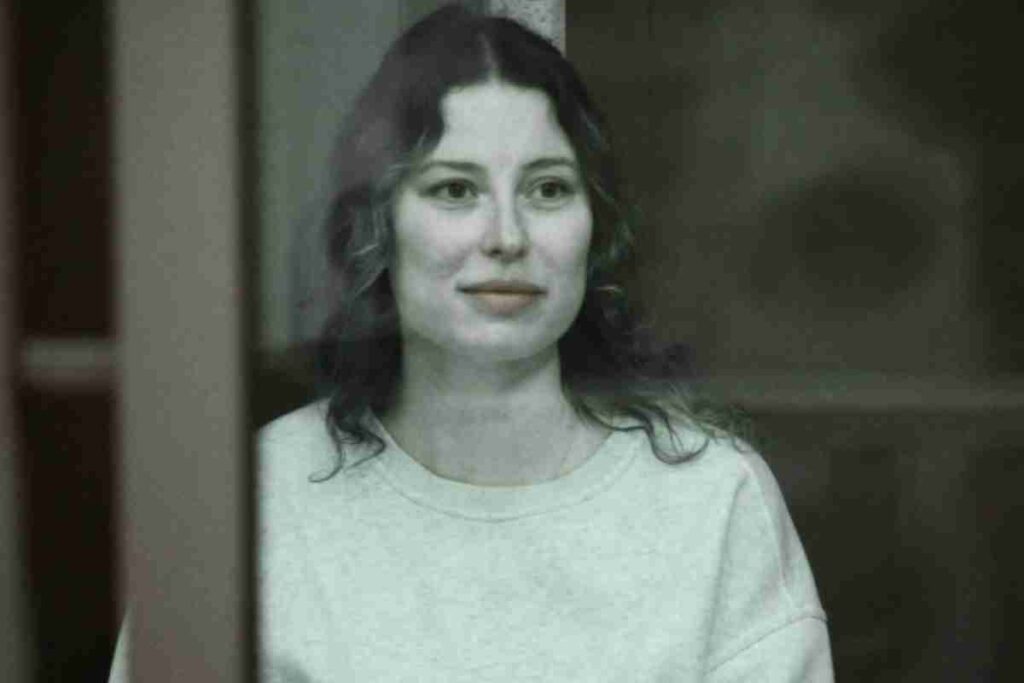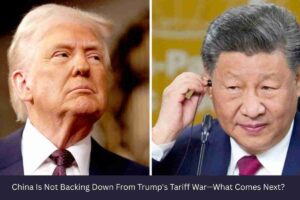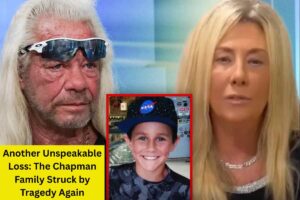US and Russia Swap Prisoners in a Deal That Frees Ksenia Karelina

US and Russia Swap Prisoners in a Deal That Frees Ksenia Karelina
When news broke that Ksenia Karelina, a Russian-American ballerina wrongfully detained in Russia, was being released, international relations enthusiasts and human rights advocates alike turned their eyes to what undoubtedly marks one of the tensest diplomatic exchanges in recent years. This historic prisoner swap reignites conversations about US-Russia relations and the diplomatic mechanisms often required to secure justice for detained individuals abroad.
This blog provides a detailed look into the events surrounding Karelina’s release, the intricacies of the prisoner swap, and the broader implications for international diplomacy.
Who Is Ksenia Karelina, and Why Was She Detained?
Ksenia Karelina, a talented Russian-American ballerina and Los Angeles resident, was wrongfully detained in Russia for over a year. Her story takes an unsettling turn. During a visit to Russia in February 2024 to see her family, Karelina was accused of treason. The crime? A $50 donation she made in 2022 to a US-based charity supporting Ukraine’s relief efforts.
Prosecutors in Russia alleged that her donation indirectly funded the Ukrainian military. Initially arrested for what authorities described as “petty hooliganism,” the charges escalated to treason. By August 2024, she was sentenced to 12 years in a high-security penal colony.
For Karelina, the ordeal was a nightmare. For her family, friends, and supporters, it was a prolonged battle to highlight her innocence and fight for her freedom.
The Prisoner Swap
The dramatic resolution came on April 10, 2025, when the United States swapped Karelina for Arthur Petrov, a dual Russian-German citizen held in the US since 2023. Petrov faced charges of export control violations and smuggling US-made microelectronics used in manufacturing weapons for the Russian military. His extradition to the US and eventual arrest marked a pivotal moment in the strained relationship between the two nations.
The swap took place in Abu Dhabi, a neutral location often leveraged for diplomatic exchanges. Footage of the exchange showed Karelina and Petrov being handed over by their respective governments in what appeared to be a carefully orchestrated and relatively calm event.
Russian President Vladimir Putin reportedly issued a formal pardon for Karelina prior to her release, according to Russian state media. Key US figures, including CIA Director John Ratcliffe and Secretary of State Marco Rubio, were involved in the negotiations. Rubio later confirmed on social media, stating, “‘American Ksenia Karelina is on a plane back home to the United States. She was wrongfully detained by Russia for over a year, and President Trump secured her release.'”
What This Swap Signals for US-Russia Relations
This exchange represents only the second such deal reached between the US and Russia since Trump assumed office in 2025. The first occurred in February, with the release of Marc Fogel, an American history teacher detained in Russia. Both deals signal a cautiously optimistic period of negotiation amidst the broader backdrop of political tension and unresolved conflict in Ukraine.
Karelina’s release reflects the intricate interplay of diplomatic pressure, intelligence agency coordination, and high-stakes deal-making. However, it also sheds light on the ongoing geopolitical fissures. The US remains committed to supporting Ukraine in its conflict against Russian aggression while simultaneously finding ways to engage diplomatically to secure the release of detainees.
The Broader Implications of Karelina’s Release
Karelina’s case underscores several critical issues in international relations and diplomacy.
1. The Weaponization of Detainment
Karelina’s story is a testament to how individuals can become pawns in broader geopolitical struggles. For a $50 donation made in good faith, Karelina was branded as a traitor and subjected to a harrowing 15-month ordeal. Her case highlights the dangers faced by dual nationals and underscores the necessity for governments to establish safeguards for their citizens abroad.
2. Diplomatic Leverage in Tense Times
The direct involvement of high-profile diplomats and agents showcases how prisoner swaps are less about justice and more about leverage. Russia’s willingness to exchange Karelina for an individual accused of aiding its military efforts indicates its strategic use of detainees to negotiate favorable terms.
3. The Importance of Advocacy and Global Awareness
The campaign for Karelina’s release leaned heavily on advocacy. From her boyfriend, Chris Van Heerden, to nonprofit organizations like the Global Reach and Wasserman Foundation, it was clear that consistent pressure played a pivotal role in ensuring her case received the attention of US leaders.
Nontraditional figures—including UFC executive Dana White and film director Peter Berg—also stepped in to amplify her case. Their involvement ultimately helped put Karelina’s story on the president’s radar, ensuring her release became a priority.
4. The Continued Struggle for Detained Americans
While Karelina is now free, many Americans remain detained abroad. According to US officials, the government is tracking more than half a dozen such cases involving American citizens wrongfully held in Russia, including Stephen Hubbard, a 72-year-old sentenced to nearly seven years on accusations of fighting alongside Ukraine. Advocates and government officials alike now hope that Karelina’s release will build momentum for further negotiations.
A Symbol for Justice
Ksenia Karelina’s story has captivated the world—not just as a testament to how fragile justice can be in geopolitics but also as a beacon of hope for those unjustly detained. It’s a reminder that diplomacy, while imperfect, remains one of the most powerful tools for resolving impossible impasses.
For those following international relations, this swap serves as a powerful case study in modern diplomacy. It reflects the broader complexities arising from US-Russia relations and how global politics often hit closest to home for individuals like Ksenia Karelina.







